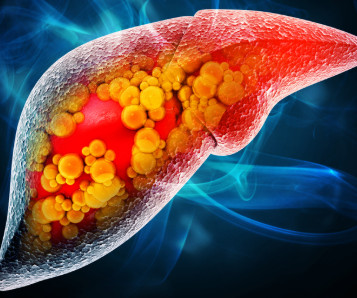3 Conditions Internal Medicine Can Treat
Hitchcock Family Medicine
DECEMBER 26, 2023
According to the American College of Physicians, a physician who specializes in internal medicine focuses on the treatment of sickness and diseases in adults. This type of doctor is often referred to as an internist or primary care doctor. Mild or moderate conditions should first be analyzed with your internist.














Let's personalize your content